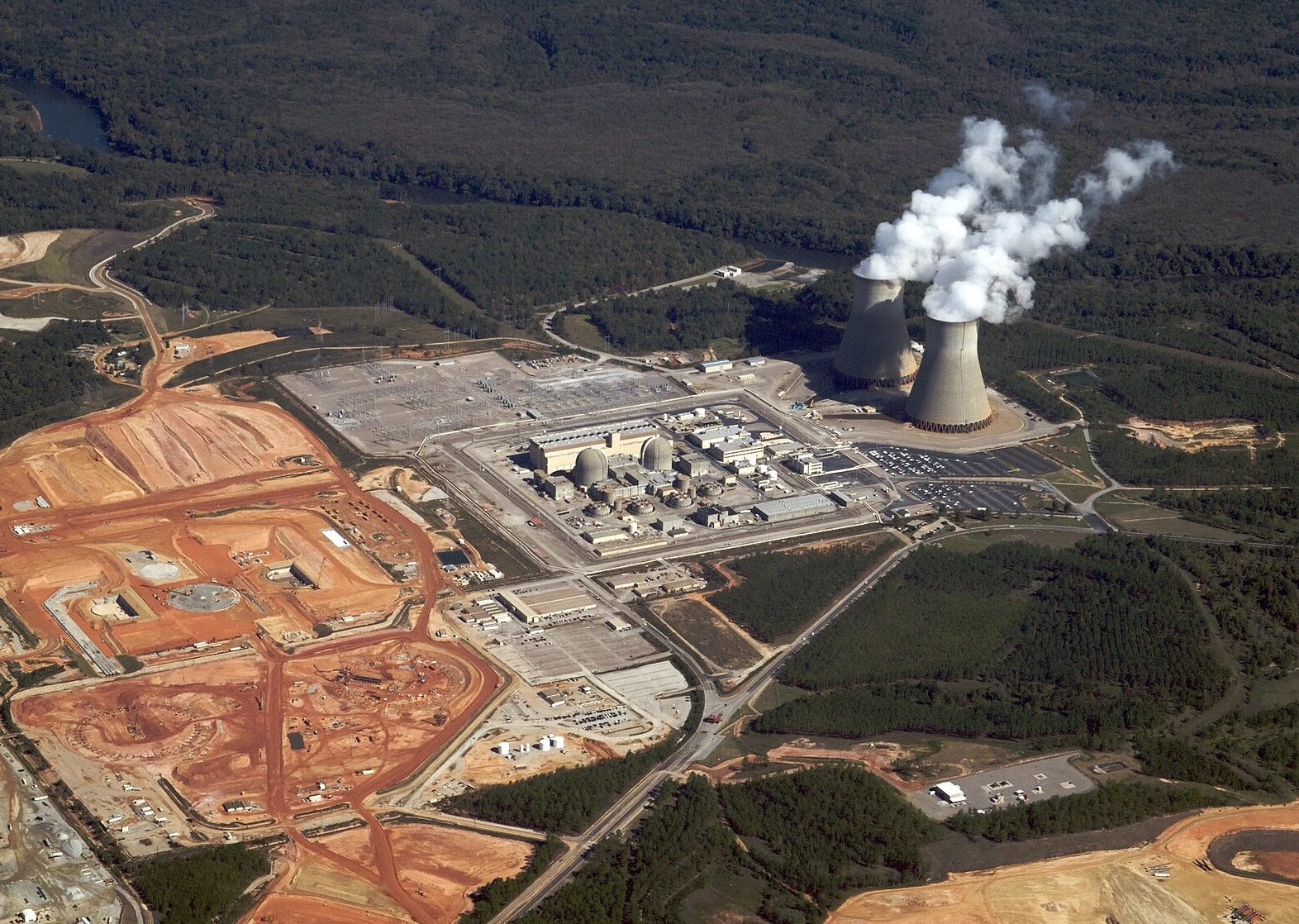
Image by Charles C Watson Jr, from Wikimedia Commons
Google’s Nuclear Deal To Power AI
In a Rush? Here are the Quick Facts!
- Google will support the construction of seven small nuclear reactors in the U.S.
- The deal aims to meet Google’s growing energy demands for AI operations.
- The reactors are expected to be operational by the end of the decade.
In a new move aimed at fueling its growing energy demands, Google has announced its commitment to support the construction of seven small nuclear power reactors in the U.S, as reported today by The Wall Street Journal (WSJ).
Google’s agreement with the nuclear-energy startup Kairos Power underscores the tech giant’s efforts to secure energy demands for its AI operations. Notably, power consumption by U.S. data centers is projected to increase nearly threefold from 2023 to 2030, noted Reuters.
Under the terms of the deal, Google will purchase 500 megawatts of power generated by Kairos’ reactors, which are expected to be operational by the end of this decade.
The reactors are designed to be smaller and more cost-efficient compared to traditional nuclear plants, as reported by WSJ. Kairos Power’s innovative reactor design, which uses molten fluoride salt instead of water as a coolant, promises increased efficiency and safety, notes WSJ.
The project will include one 50-megawatt reactor, followed by three power plants each housing two 75-megawatt reactors. While this is considerably smaller than the 1,000-megawatt output of conventional reactors, the cumulative 500 megawatts will be enough to power a midsize city or a large AI data center, noted WSJ.
“The end goal here is 24/7, carbon-free energy,” said Michael Terrell, Google’s Senior Director for Energy and Climate, as reported by WSJ.
The path to construction is not without challenges. Kairos will need to secure approval from the U.S. Nuclear Regulatory Commission, though the company has already received permission to build a demonstration reactor in Tennessee, slated to begin operations in 2027, reported WSJ.
Technology companies have entered into multiple agreements with nuclear power firms this year, as reported by Reuters, driven by a surge in power demand from artificial intelligence for the first time in decades.
In March, Amazon.com acquired a nuclear-powered data center from Talen Energy. Last month, Microsoft and Constellation Energy finalized a power deal to support the revival of a unit at the Three Mile Island plant in Pennsylvania, the site of the worst nuclear accident in U.S. history in 1979, according to Reuters.
Critics argue that small modular reactors may be costly due to their inability to achieve the economies of scale seen in larger plants. Additionally, concerns linger over the long-lasting nuclear waste they would generate, for which the U.S. currently lacks a permanent disposal solution, reported Reuters.
However, Google believes that its commitment to a so-called order book framework with Kairos Power—rather than purchasing reactors individually—will send a strong demand signal to the market and facilitate long-term investment in small modular reactors development, reports Reuters.


 Previous Story
Previous Story

 Latest articles
Latest articles 

Leave a Comment
Cancel